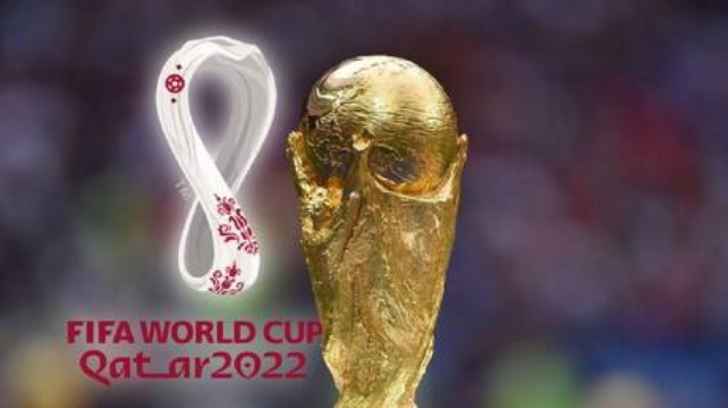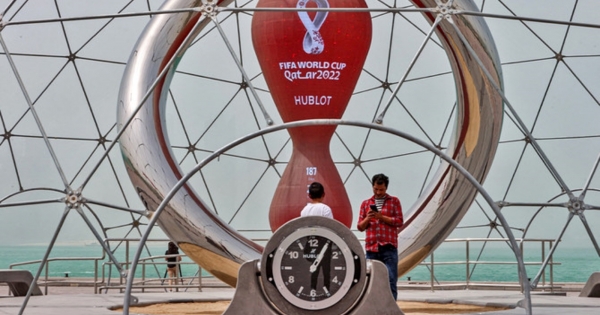Six months before the start of the FIFA World Cup in Qatar, eight stadiums are ready to host matches as the wealthy emirate defends its human rights record in response to questions in this regard that have been ongoing since it was honored to host own this event. in 2010.
Doha says it has greatly improved conditions for thousands of workers, while critics say progress over the past decade has been mixed and there needs to be more pressure on FIFA before matches start.
On Thursday, the non-governmental human rights organization Amnesty International asked the International Federation to pay at least $440 million in compensation to migrant workers who were “abused” at construction sites associated with the 2022 FIFA World Cup.
In Europe, gaming associations and federations, led by Norway, are raising questions about the situation of fans in a country that criminalizes homosexuality.
European fans may not attend the World Cup for logistical and financial reasons, but others may boycott the most famous football event over these questions, which they believe Qatar has not fully answered despite Qatar’s efforts as indicated by the International Labor Organization and non-governmental organizations. government agencies in this area.
– Constant effort –
The gas-rich emirate, which is estimated to spend around $300 billion on World Cup infrastructure, loosened the “sponsorship” system in 2016 before imposing a minimum wage in 2020.
In this context, the head of the ILO office in Doha, Max Thonon, considered that “these reforms were inevitable, and the World Cup pushed them to accelerate”, adding: “Other countries in the region have also begun to implement reforms, but the pace here is faster.”
Thonon believes that these efforts, which companies are still reluctant to implement, will continue after the World Cup thanks to agreements made between the government, the Labor Organization, international federations and other countries.
Issues of women’s rights and homosexuality are more sensitive in this conservative country. There are three women ministers in the government, but Human Rights Watch researcher Ritna Begum says reforms in this area were introduced twenty years ago, “not in the last ten years,” condemning the male guardianship system.
– It’s a question of time –
Asked about the challenges gays may face, the World Cup Organizing Committee promises an event “open to all”. Some fans, numbering between 1.2 million and 1.4 million, may fly flags in support of gays, and organizers urge respect for local customs and traditions.
“It can be twofold: more recognition or a very strong reaction,” said Merissa Korma, director of the Middle East program at the Wilson Research Center.

In any case, she says, “more than one major event will cause a big wave of change, but the important thing is that the discussion continues,” predicting steady change in this country of 2.8 million people, only 10 percent of whom are Qataris. .
“As far as issues of homosexuality are concerned, it is a bit more sensitive because there are social, cultural and religious components,” she said. But given the large number of expatriates and the fact that young Qataris are educated at foreign universities, “attitudes change is only a matter of time.”
Source: El Iktisad
